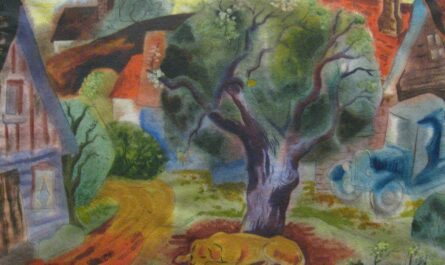Welcome to Friday,
It has been a short but busy week here. I’ve spent much of it pondering the ways language limits some of our dialog. My recent thinking has been inspired by this quote from artist and writer Austin Kleon, “M]uch of what we call “influence” is active, not passive. The way we talk about artistic influence is backwards. When we say, “Basquiat was influenced by Van Gogh,” that isn’t really correct, because it implies that Van Gogh is doing something to Basquiat, when actually the opposite is true.“
One has to work to be influenced – which sounds silly because of the limitations of the language. One working under the influence of another is one working to incorporate an influence, and perhaps that is a more accurate description of the reality.
Kleon’s post is full of thought-provoking quotes about influence and the language around it. I’ll have more to contribute to that conversation soon.
A programming note: I’ll be taking next week off for vacation as we head out for another road trip through Germany.
Here is what I’d like to share this week:
Author Neil Gaiman on reading, discontentment, and creating the future. “Information has value, and the right information has enormous value. For all of human history, we have lived in a time of information scarcity, and having the needed information was always important,…”
Runners swing their arms while sprinting because it helps them move faster – or does it? Outside looks at the surprising results of a recent study.
Where did the measurements for A4 paper originate, and why does so much of the world use it?
Mason Currey on noticing the thoughts we think every day, via Rob Walker’s excellent The Art of Noticing newsletter.
Another West Coast native moves to Austin – and writes about it. This time, it’s music critic Ted Goia.
Currently reading: Dracula by Bram Stoker
Have a creative weekend.
Image: “Schmuggler unter einer alten Eiche bei Mondaufgang”(1897) by Eduard Leonhardi




